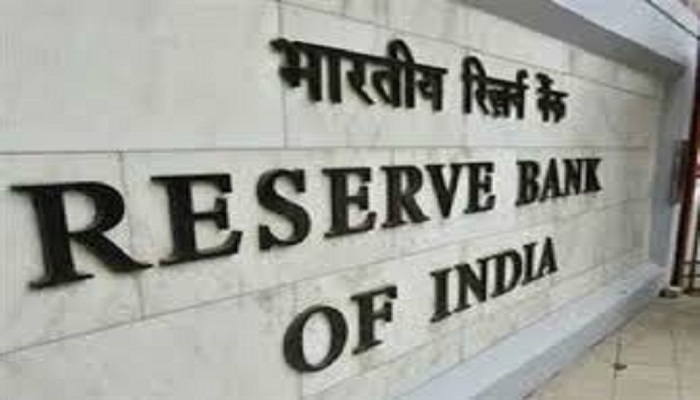
Reserve Bank of India appears to be giving highest emphasis on how to avoid the possibility of an illegal trade of currency notes as it prepares to introduce Rs 200 denominated bank notes for the first time in history.
RBI is likely to put the proposed Rs 200 bank notes in circulation by the end of August or in the first week of September, according to people in the know. Most importantly, it is taking all steps to stop black marketing and is building a stack of about 50 crore notes of the new denomination to start with so there is no scarcity or possibility of an illegal trade, sources said.
“There is no other denomination available between Rs 100 and Rs 500 and RBI is expecting Rs 200 notes to become very popular and that’s why it is taking every step to ensure availability of it,” the source said.
“A large number of new currency notes will thwart the operational difficulties which may be faced by a common man,” said Soumya Kanti Ghosh, group chief economist at State Bank of India.
There were reports of illegal hoarding of the Rs 2000 bank notes and black marketing after it was introduced dramatically to remonetise the withdrawn currency from the system. The plan to introduce the Rs 200 currency notes is in tandem with the broader exercise to stop counterfeiting and curbing untaxed cash in Asia’s third-biggest economy.
“If the proportion of higher denomination notes is large in the total currency in the circulation, it incentivises hoarding and generation of unaccounted money,” Ghosh said.
“Introduction of Rs 200 notes will serve two purposes: to facilitate cash usages from a transaction motive perspective, and will increase the share of smaller denomination notes in the overall currency circulation.” There were 1,717 crore notes of Rs 500 and 686 crores of Rs 1,000 before the Centre announced demonetisation.
According to an estimate by SBI economic research, the share of higher denomination notes (Rs 500 and Rs 2,000) has come down to about 70 per cent to the overall share from 86 per cent before the country’s currency swap programme.

Post Your Comments